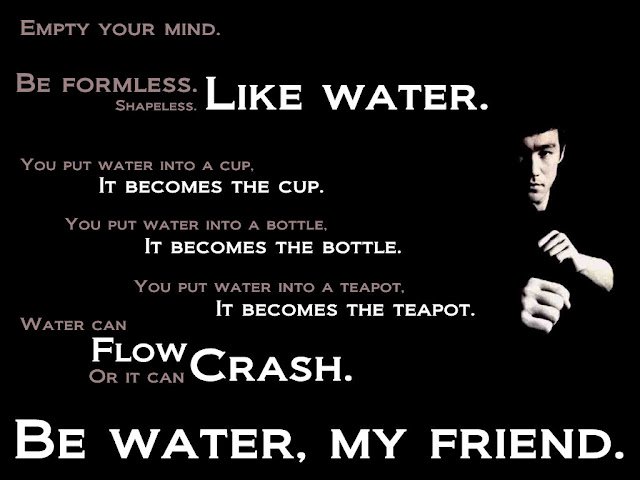Wall Street people learn nothing and forget everything.” Ben Graham
“ Buy on the cannons, sell on the trumpets.” Old French Proverb
“A stock broker is one who invests other people’s money until its all gone.” Woody Allen
“It is fortunate for Wall Street as an institution that a small minority of people can trade successfully and that many others think they can.” Ben Graham
“Wall Street indices predicted nine out of the last five recessions!” Paul Samuelson
“ There are two kinds of investors, be they large or small: those who don’t know where the market is headed, and those who don’t know that they don’t know. Then again, there is a third type of investor –the investment professional, who indeed knows that he or she doesn’t know, but whose livelihood depends upon appearing to know.” William Bernstein
“The point is, ladies and gentleman, that greed, for lack of a better word, is good. Greed is right, greed works. Greed clarifies, cuts through, and captures the essence of the evolutionary spirit. Greed, in all of its forms; greed for life, for money, for love, knowledge has marked the upward surge of mankind.” Gordon Gekko (more…)







